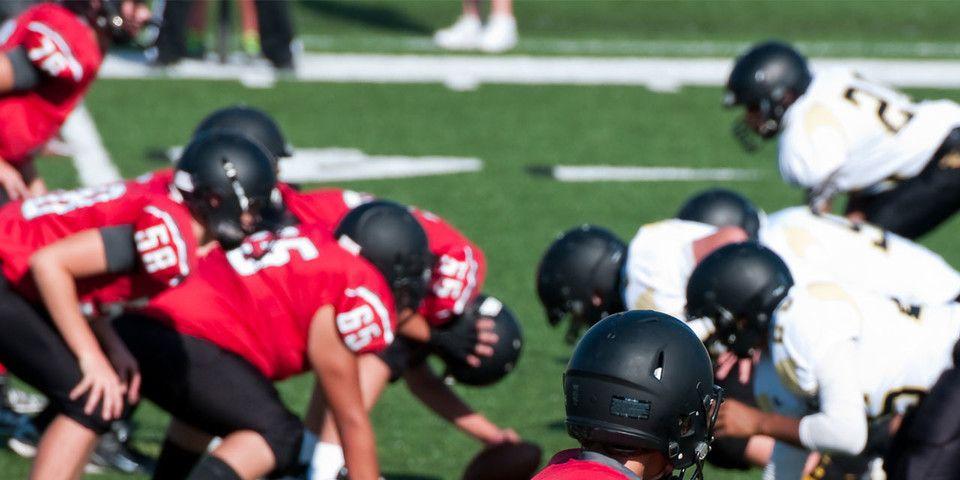Top 3 Ultimate Frisbee Finger Injuries & Treatments
Frisbee—A casual game that can cause serious orthopaedic finger injuries.
Ultimate frisbee: it’s a fun, casual game for some, a competitive athletic hobby for others. While any player can tell you that a game of ultimate frisbee can be quite intense and impassioned, the risk of serious injury is relatively mild.
There is, however, a certain type of injury that many players suffer—finger injuries.
The fingers and their components may be small, but an injured finger is far from inconsequential. While some of the jams and traumatic finger impacts frisbee players commonly experience can be harmlessly shrugged off, others may involve serious bone, tendon, or ligament damage. Without proper medical attention, such injuries may lead to long-term disability of the affected finger.
Jammed Finger: Sprains and Strains
A jammed finger is an injury familiar not only to frisbee players, but also athletes of any sport that involves a high degree of catching or gripping. Alongside ultimate frisbee, basketball finger injuries and climbing finger injuries are frequent sources of jammed fingers.
But what exactly is a “jammed finger”, in orthopaedic terms? This phrase describes a blunt impact injury that causes musculoskeletal stress within the finger. When a traumatic impact (such as a forceful collision with a frisbee disc) forces the finger backward, the momentum can stretch or tear the ligaments or tendons of your hand or finger.
Tendons connect bone to muscle. A jammed finger that stretches or tears a tendon is known as a strain. Ligaments, meanwhile, connect bone to bone and endure sprains when stretched or torn.
Jammed Finger Treatment: RICE, Splinting, Surgery
The majority of jammed fingers can be treated sufficiently with rest, ice, compression, and elevation; if needed, anti-inflammatory drugs may be taken to reduce swelling. In more serious sprains or strains, the finger may be placed in a splint. In the most severe ligament or tendon tears, surgery may be advised.
Fractured Finger
A forceful impact to the hand or finger can affect more than just the connective tissues that connect the bones and muscles of the hand. A blunt collision with a moving frisbee, another player, or the ground may cause the finger bone itself to break, resulting in a finger fracture.
The fingers feature 14 bones, known as phalanges. Of these bones, the metacarpal bone (which leads to the little finger) is most commonly injured. In fact, about one-third of hand fractures among adults are of the metacarpal bone.
Frisbee players who have suffered a fractured finger may experience one or more of the following symptoms: swelling, tenderness, bruising, reduced mobility, or visible deformity.
Fractured Finger Treatment: Splinting or Surgery
If your finger fracture is relatively minor and the fractured bone fragments have remained in place, a splint or cast will be applied to enable healing. If the bone fragments are displaced or if the skin has been penetrated, emergency medical care is required, and may be followed by surgical treatment.
Dislocated Finger
With enough force, the same impacts with fellow players, discs, or the ground that result in a jammed or fractured finger can cause the finger to become dislocated from its joint. Dislocations can occur in any of the fingers, but are most common in the middle knuckle of the little, ring, middle, and index fingers.
Dislocations may be brought on by a impact or an overextension of the finger from its joint; among frisbee players, blunt impacts are the more common cause. These injuries are often accompanied by associated sprains, strains, or fractures.
Dislocated Finger Treatment: Reduction
An orthopaedic doctor will typically treat a finger dislocation with reduction, a procedure that involves physically realigning the affected bone within its proper joint. Closed (non-surgical) reductions are most common for finger injuries. If fracturing has occurred as well, an open reduction with a surgical incision may be required.
Rothman Institute For Athletic Finger Injury Solutions
At Rothman Institute, we specialize in Hand & Wrist treatment. We treat injured athletes of all types and are experienced at providing the treatments needed for the most typical injuries of each respective sport. As such, skill and experience in treating the finger injuries that affect ultimate frisbee players is unparalleled.
To learn more about treatment options or to schedule an appointment, please visit us here or contact us at 1-800-321-9999.
Related Physicians
Related Specialties
Related Conditions
Related Programs
-

Injury Prevention Program
The Injury Prevention Program at the Rothman Orthopaedic Institute is dedicated to the prevention of injuries from athletic participation, particularly youth sports.Read More




